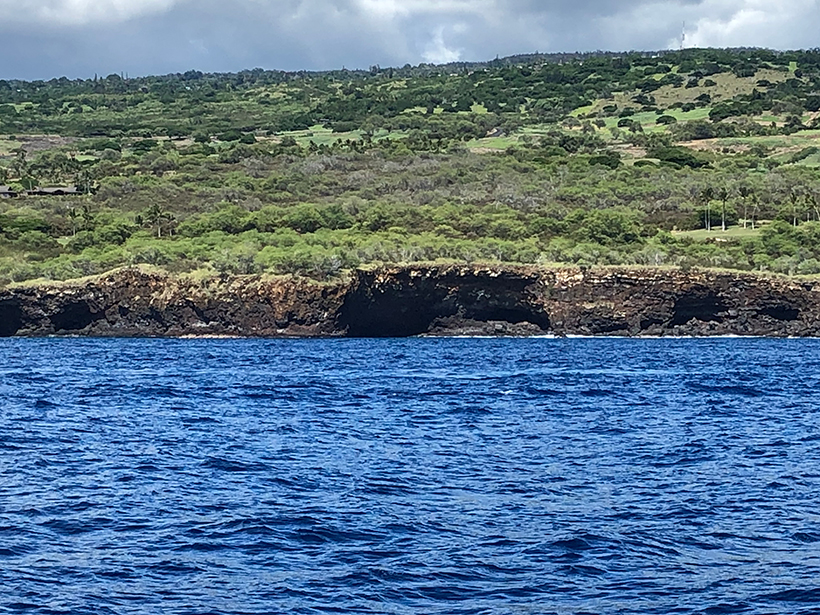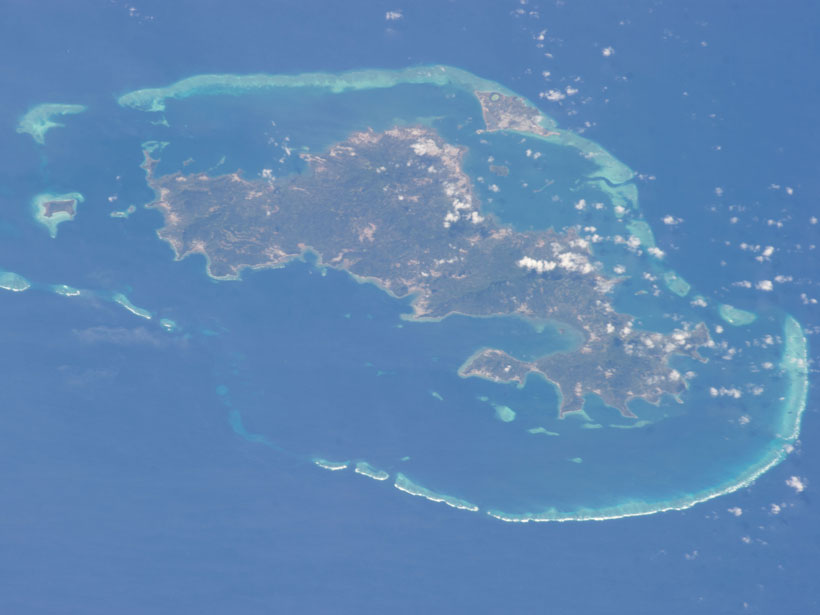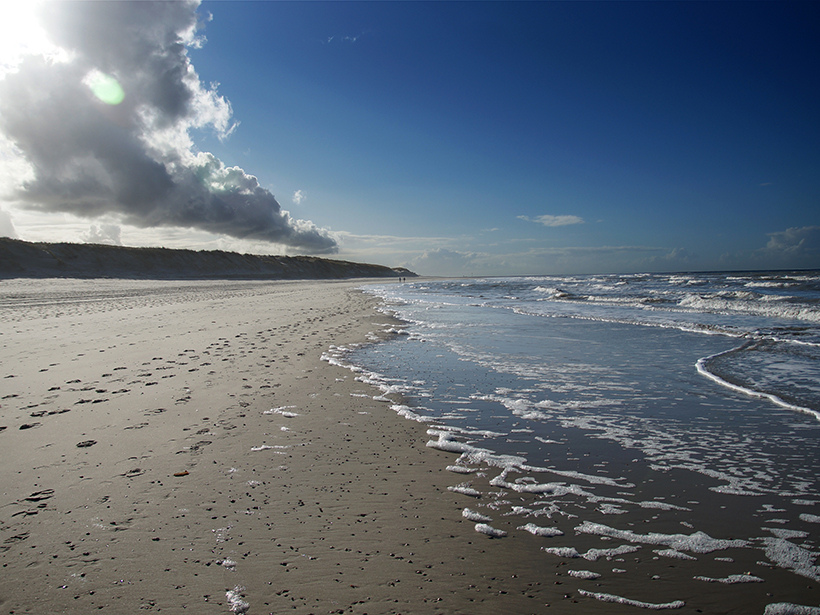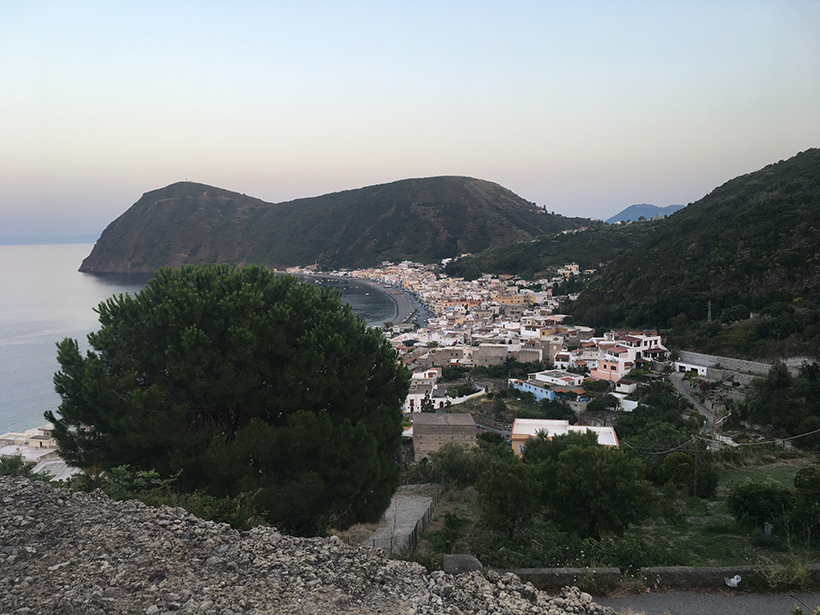The discovery of large freshwater reservoirs off Hawaii suggests that other volcanic islands may have similar resources, which could help meet water demands amid population growth and climate change.
islands
New Volcano, Old Caldera
Researchers suggest a magma chamber sits within an old submarine caldera structure that extends into the mantle. Nearby, a new underwater volcano emerged with a flurry of seismicity.
Rethinking Darwin’s Theory of Atoll Formation
Atolls have a long and complex history related to seafloor evolution, and Darwin’s model is only the beginning of the story.
To Save Low-Lying Atolls, Adaptive Measures Need to Start Now
New research uses 5,000 years of geological data to understand how and when sea level rise will affect the livability of low-lying reef islands.
A Brighter Future for Coral Reef Islands
Although some islands demonstrate more resiliency than previously thought, island communities may require significant flood-resistant infrastructure to maintain their way of life.
Extremely High Carbon Return in Certain Volcanic Arcs
By comparing measured volcanic output with subducted carbon fluxes from drill cores, the Lesser Antilles subduction zone shows nearly complete slab carbon release at sub-arc depths.
Microbial Mechanisms Change with the Seasons
Microbes living in the sand on a barrier island alter the way they break down organic matter as their environment changes throughout the year, which has implications for the surrounding water column.
The Hazard Cascade That Led to the Anak Krakatau Landslide
Researchers used a combination of ground and space-based measures to look for warning signs for the flank collapse at Anak Krakatau in 2018, which triggered a tsunami that killed hundreds.
Scientists Rescue Historical Data Taken on Floating Ice Island
A never-before-published data set from the Cold War could help scientists unravel the mysterious western Arctic Ocean.
Seismic Sensors Probe Lipari’s Underground Plumbing
An international team of scientists installed a novel, dense network of 48 seismic sensors on the island of Lipari to investigate the active magma system underground.










